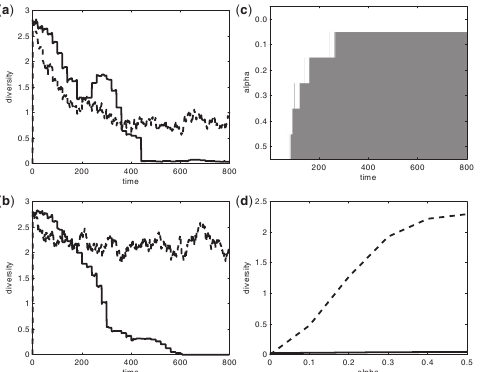Vanishing hands? On the link between product and organization architecture
Kerstin Press and Markus Michael Geipel
Industrial and Corporate Change (2010)
Abstract
The present article investigates whether modular product architectures deliver better and more differentiated products, given their production in disintegrated and integrated settings. A theoretic model benchmarks the performance of disin - tegration and integration for different degrees of product modularity by measur - ing both product quality and differentiation. In line with conventional wisdom, (nearly) modular products befit disintegration insofar as disintegration increases quality. However, disintegration only leads to greater product differentiation than integration if there is substantial entry and exit. These findings—albeit developed with stylised models of disintegration and integration—provide a possible explan - ation for empirical results showing a decrease in product variety when modular products were produced by independent manufacturers (disintegration). Moreover, the model results predict that industries with limited entry and exit as well as strong winner - take - all dynamics tend to incur a loss in variety if modular products are produced in a disintegrated setting.

